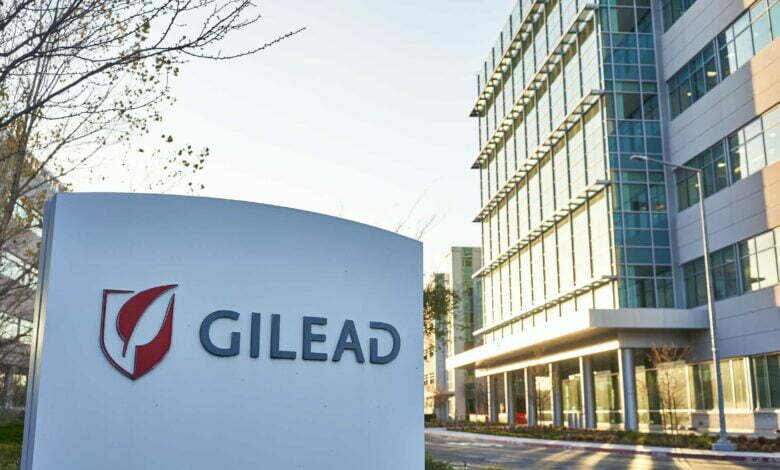
Why are Gilead Sciences biotech sales falling?
Gilead Sciences Inc. (GILD) has developed an effective antiviral drug to treat COVID-19. In addition, she is one of the leaders in HIV and hepatitis C therapy. However, the latter segment of the business has recorded a decline in sales in the past quarters. How dangerous is this trend for Gilead Sciences? In recent quarters, Gilead Sciences has earned billions of dollars from sales of its antiviral drug Veklury to treat COVID-19. Veklury’s sales reached $1.9 billion in the third quarter, more than twice as much as a year earlier.
But the rest of the Gilead Sciences line shows opposite trends. Total sales excluding Veklury fell by 3% year-on-year to $5.4 billion while taking into account antitussive therapy, the company’s revenue for the quarter increased by 13% to $7.4 billion. One of these results is that the HIV drugs Truvada and Atripla lost their exclusive patent rights in the U.S at the end of 2020. As a result, Truvada’s revenue for the quarter fell by almost 87%, to $67 million, and Atripla’s sales decreased by 76%, to $27 million. Sales of hepatitis C drugs decreased by 8% to $429 million, partly due to fewer patients. The main driver of Gilead Sciences’ growth is Veklury.
The is good news is that despite the loss of patent rights, the company retains leadership in the HIV treatment market. For example, Biktarvy is the most commonly prescribed drug for HIV treatment in the United States, and Descovy has an approximately 45 percent market share in pre-exposure HIV prevention. The pandemic has affected the level of treatment of HIV patients. Still, as the pandemic fades, Descovy and Biktarvy will continue to show higher sales in Gilead’s quarterly reports.
In addition, Gilead Sciences continues to develop new drugs. In June, the company filed an application with the FDA for Lenacapavir, a long-acting drug for some HIV patients. This medicine will be the first available six-month long-acting subcutaneous injection drug for the treatment of HIV. In general, the company has an extensive portfolio of candidates, so by about 2030, it will expand its reach significantly and, therefore, sales. Gilead Sciences is also investing in new production.
An enterprise in Maryland will currently help the company automate some processes and reduce costs. GILD offers an above-average dividend yield of 4.14% and has a conservative cash payout ratio of 37.6%. In addition, the biotech company has increased its dividend payments by 36.5% over the past five years. The current situation at Gilead Sciences is associated with the strong impact of the pandemic and the transition period due to the loss of patent protection.